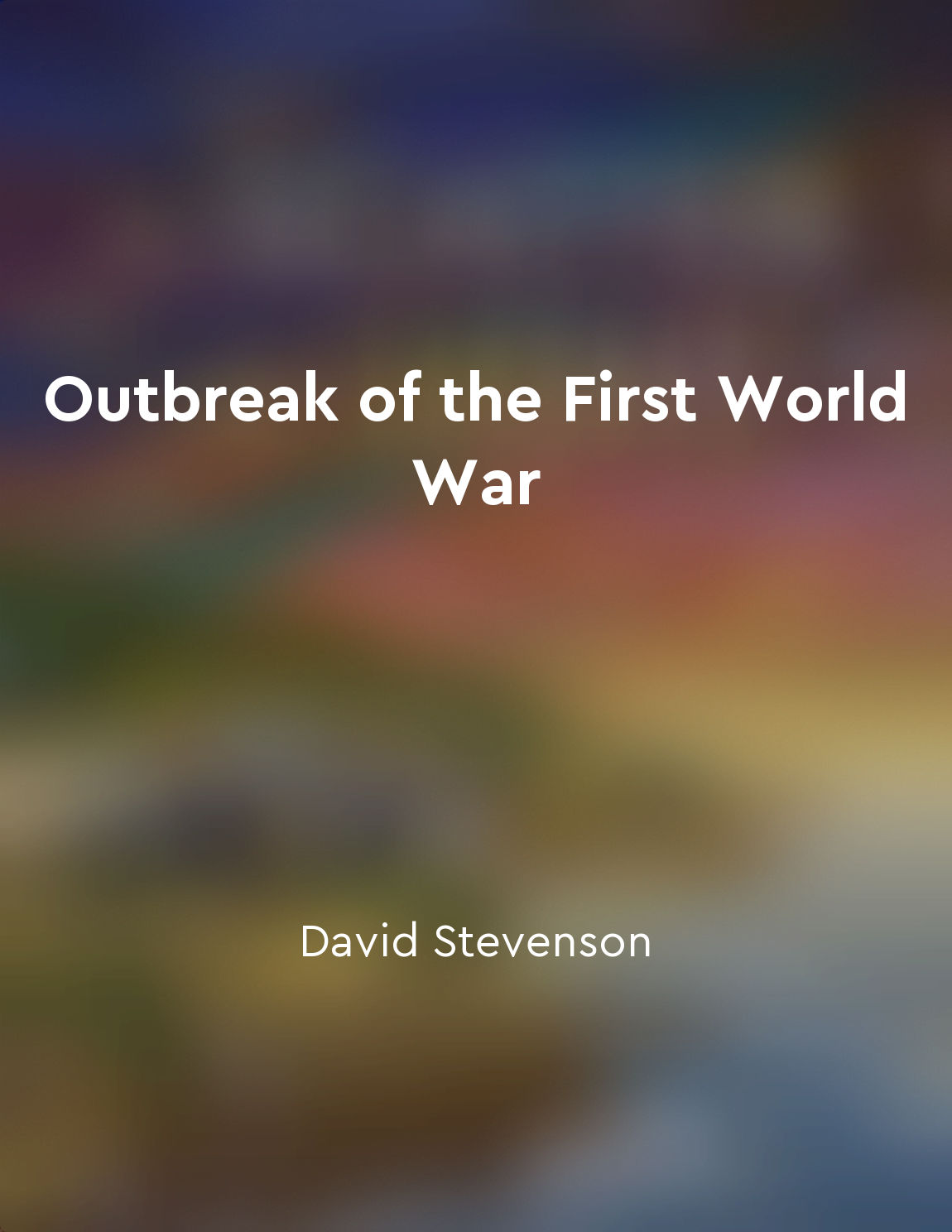The war marked the end of an era from "summary" of The Pity Of War by Niall Ferguson
In the grand sweep of history, the First World War stands out as a momentous event that brought about significant changes in the world order. The war not only altered the political landscape of Europe but also had far-reaching social and economic consequences that reverberated across the globe. It marked the end of an era characterized by stability and optimism, giving way to a new era of uncertainty and disillusionment. The war shattered the illusions of progress and prosperity that had defined the pre-war period. The catastrophic loss of life, the widespread destruction of cities and landscapes, and the sheer scale of suffering experienced by millions of people all served to undermine the belief in human progress and enlightenment. The war exposed the dark underbelly of modern civilization, revealing the capacity for violence and barbarism that lay beneath the veneer of civilization. Moreover, the war brought about a fundamental shift in the balance of power in Europe. The old order, with its system of empires and alliances, was dismantled in the wake of the conflict. The collapse of the Austro-Hungarian, Ottoman, and Russian empires, along with the weakening of the German and British empires, led to a reconfiguration of the geopolitical map of Europe. New nations emerged from the ashes of the old empires, while established powers struggled to maintain their influence in a rapidly changing world. The war also had profound social and economic consequences that transformed societies in ways that were unimaginable before the conflict. The upheaval caused by the war, the displacement of populations, and the disruption of traditional ways of life led to a sense of dislocation and alienation among many people. The war also accelerated the pace of technological innovation and industrialization, leading to profound changes in the way people lived and worked.- The First World War can be seen as a watershed moment in history that marked the end of an era of stability and optimism. The war brought about profound changes in the political, social, and economic landscape of Europe and the world, ushering in a new era of uncertainty and disillusionment. The legacy of the war continues to shape the world we live in today, reminding us of the fragility of civilization and the dangers of hubris and complacency.
Similar Posts

The rise of nationalism has posed a threat to global cooperation
The current surge in nationalism poses a significant threat to global cooperation. Nationalism, the belief that one's own natio...
The genocide of six million Jews in the Holocaust remains a dark chapter in human history
The systematic extermination of six million Jews during the Holocaust stands out as one of the most horrific events in human hi...
Tensions escalated rapidly, leading to a global conflict
In the summer of 1914, the tensions among the European powers were like "a train of gunpowder traveling towards a spark." The a...
The war led to unprecedented levels of destruction
The war was indeed a catastrophic event that brought about levels of destruction never before seen in human history. The scale ...
The war highlighted the importance of diplomacy in international relations
The events leading up to the outbreak of World War I underscored the critical role of diplomacy in international relations. The...

Mobilization of military forces
The mobilization of military forces was a pivotal aspect in the outbreak of the First World War. This process involved the rapi...

Globalization has amplified the effects of war
Globalization, far from being a recent phenomenon, has been a force shaping the world for centuries. Indeed, the interconnected...

